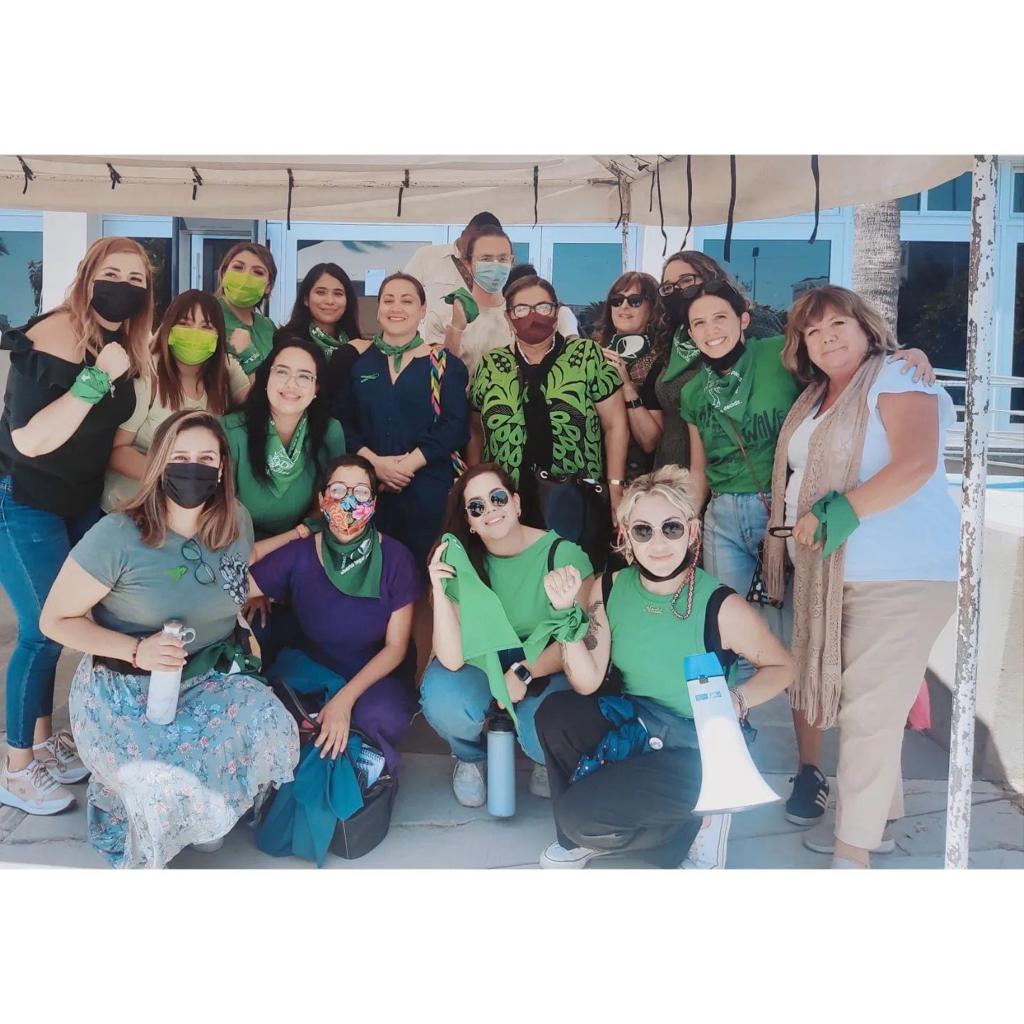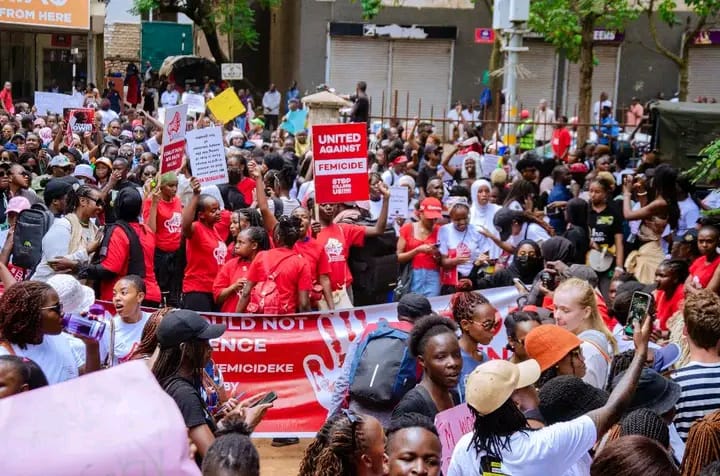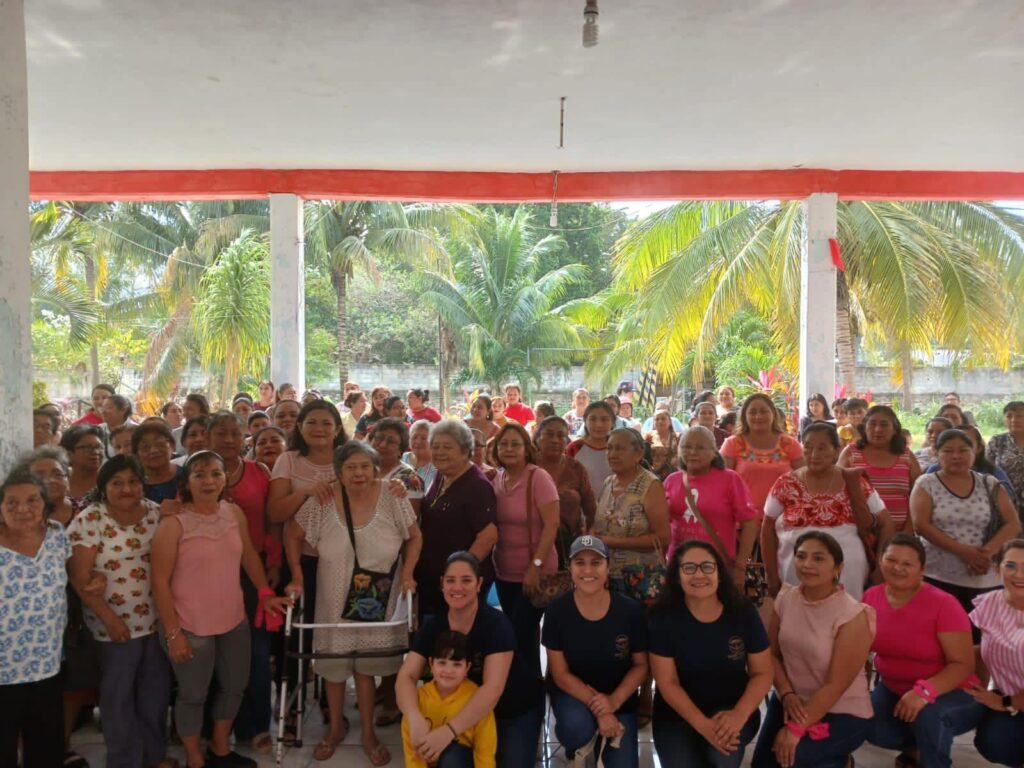Collaborate With Communities and With Policymakers

[This story is a part of a blog series – Return to the main blog]
Teresa and Mónica emphasize the value of working simultaneously within communities and with policymakers.
At the community level, Centro Mujeres works to educate women, teens, and migrants about sex education, contraceptives, and – more fundamentally – their human rights. They create and provide programs for women and adolescents, such as PROMESA, which trains and equips women in the community to be leaders on issues of reproductive and sexual rights, and Jóvenes en Acción (Youth in Action) which works directly with teens in schools.
Of course, when working in the community, women and teens in dire need of help have approached Centro Mujeres. “We have always facilitated [services for] women looking for abortions,” says Teresa. This often involved creative ways of getting women to Mexico City or San Diego. Even when abortion was illegal, “It’s not illegal to give information,” she remarked.
The organization’s policy advocacy is grounded in its grassroots work with women in the community. “We are the voices of women,” says Mónica. “We are legitimate. We can negotiate.”
Based on its staff’s many connections with women in the community, Centro Mujeres participated in significant policy wins before the passage of DECRETO 2832 in 2022. Examples included enhancing criminal penalties for domestic violence and rape; naming sexual harassment as a crime; forbidding perpetrators from directly confronting minors in court; and persuading the school system to stop expelling girls if they become pregnant.
In everything, Centro Mujeres strives for congruency. Their work with women and communities informs their policy work; and both are grounded within an international human rights framework.




